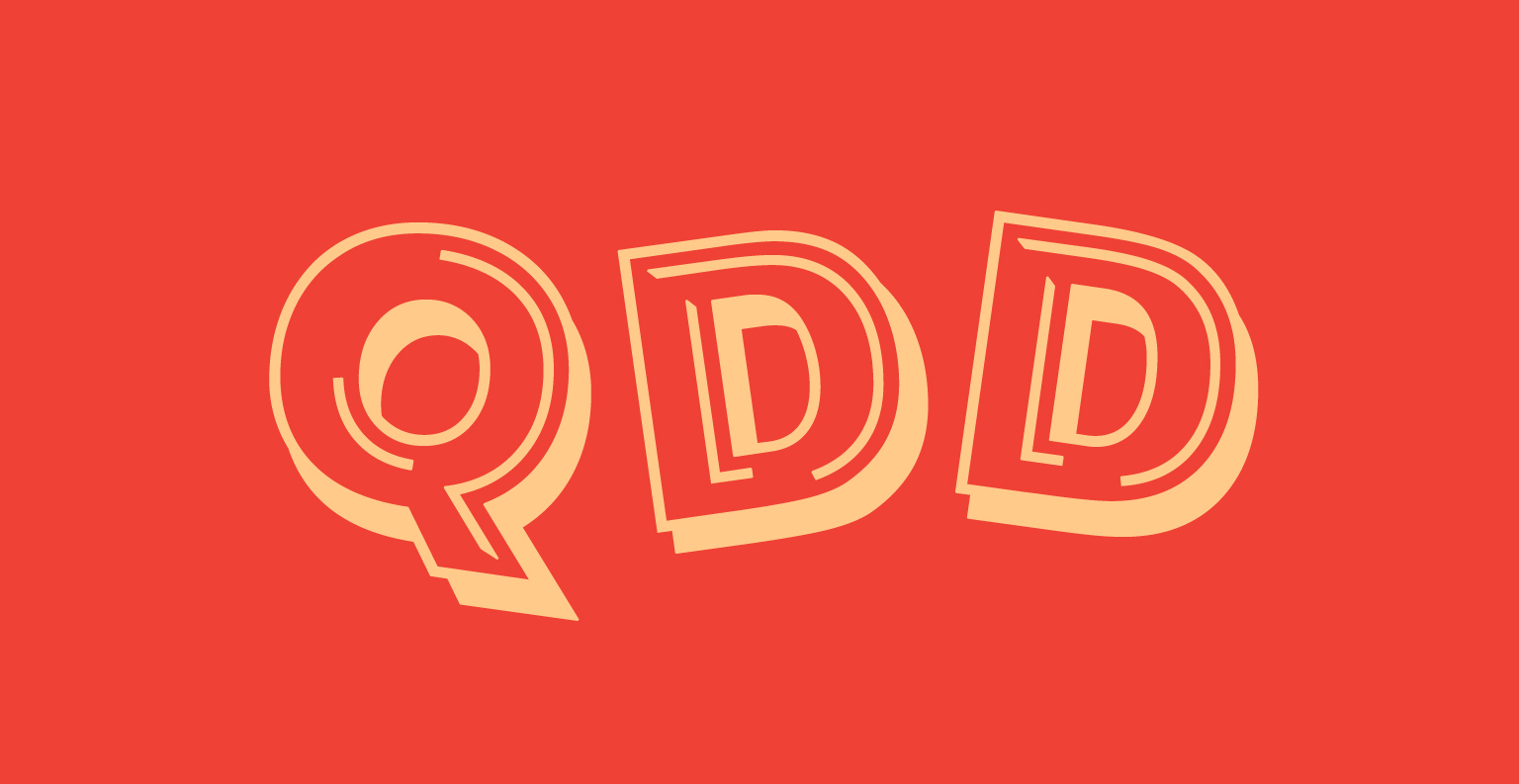| Edgeworks Product | 9 |
| Content Creation | 4 |
| SEM | 11 |
| Design | 11 |
| Instructional Design | 3 |
| Props | 218 |
| Alphabet Soup | 33 |
| Creative Collaboration | 1 |
| Website Ownership | 5 |
| Services | 5 |
| Client Website | 29 |
| Edgeworks Office | 18 |
| Marketing | 18 |
| AI Assisted Post | 1 |
| SEO | 10 |
| This Day in History | 1 |
| Branding | 1 |
| Book Review | 1 |
| Q&A | 3 |

In this edition of Alphabet Soup we look at Query Deserves Diversity or QDD. If you've spend a lot of time on your search engine optimization efforts you may have run across this acronym. But what does it actually mean?
Image you search Google for "Jaguar". QDD is an algorithm that recognizes the multiple meanings of the word "Jaguar" and acts to diversify the search results shown so that we see results for the animal as well as the make of vehicle. QDD indicates that this query needs diverse answers.If, however, you happen to be logged into your Google account while you are pereforming this search and you also happen to be a zoologist specializing in large cats it is quite possible that Google will not apply QDD given the liklihood you are looking for information about the animal instead of the car. Google monitors user behavior and looks for search patterns where the user did not find the results relevant (they either gives up the search itself without clicking results or try a new query).
But QDD operates on other levels as well, diversifying the results based not only on the meaning of the search query, but also the diveristy of results shown. Sites end up ranking well for search queries for a number of reasons. One of those is how well the results performs. So, for example, if a website happens to perform well for a certain search phrase it may end up getting multiple results on page one of the SERPs (Search Engine Result Page). QDD assures that no one domain "owns" the first page of results. It does this by diversifying results to include other sites.